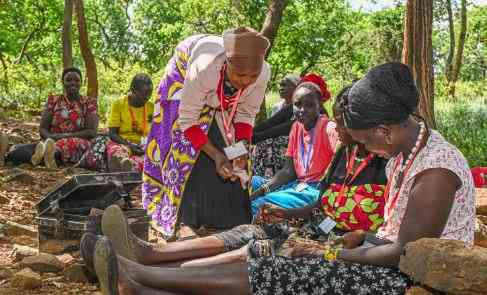×
The Standard e-Paper
Fearless, Trusted News

Cattle rustling has long been a challenge among the communities living in the arid and semi-arid regions.
However, in Baringo County, a transformation is unfolding as three groups of women redefine their futures through agroecology, financial inclusion and education.